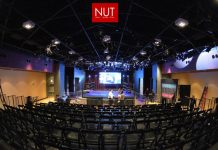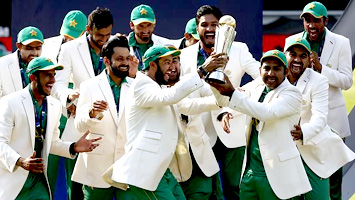OKYO: The Tokyo Olympics, already delayed by the pandemic, are not looking like much fun: Not for athletes. Not for fans. And not for the Japanese public. They are caught between concerns about the coronavirus at a time when few are vaccinated on one side and politicians who hope to save face by holding the games and the International Olympic Committee with billions of dollars on the line on the other.
Japan is famous for running on consensus. But the decision to proceed with the Olympics — and this week to permit some fans, if only locals — has shredded it.
“We have been cornered into a situation where we cannot even stop now. We are damned if we do, and damned if we do not,” Kaori Yamaguchi, a member of the Japanese Olympic Committee and a bronze medalist in judo in 1988, wrote in a recent editorial published by the Kyodo news agency. “The IOC also seems to think that public opinion in Japan is not important.”
Support for going ahead seems to be increasing, but there’s persistent opposition with small street protests planned on Wednesday, one month before the July 23 opening. Much of that concern stems from qualms about the health risks. While the number of new cases has been receding in Tokyo, only about 7% of Japanese are fully vaccinated — and even though the government is now supercharging its vaccine drive after a slow start, the vast majority of the population still won’t be immunized when the games start.
That’s left the IOC and the Japanese government going through contortions to pulls this off. Dr. Shigeru Omi, the government’s top COVID-19 adviser, called it “abnormal” to hold the world’s biggest sports event during a pandemic. He also said the safest Olympics would be with no fans.
He was overruled on both counts by the government of Prime Minister Yoshihide Suga and organizers.
The official cost of the Tokyo Olympics is $15.4 billion, but government audits suggest it’s twice that. All but $6.7 billion is public money. The IOC chips in only about $1.5 billion to the overall cost.






